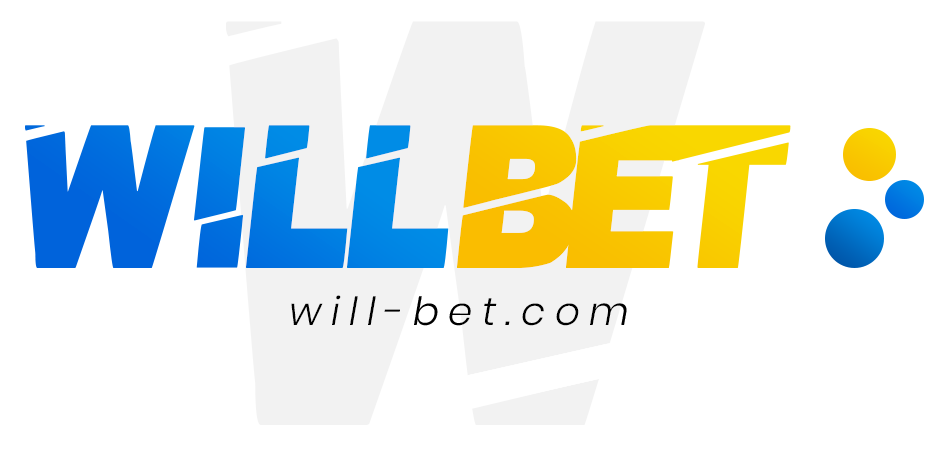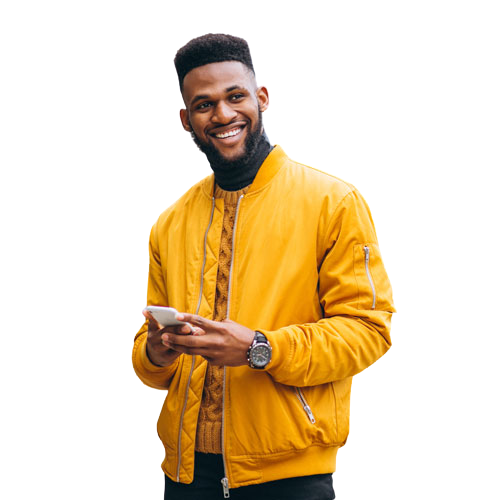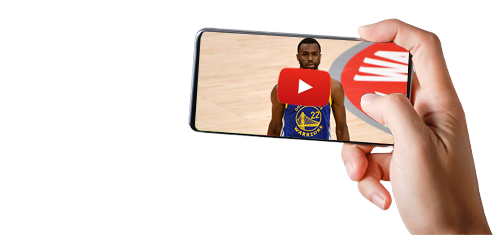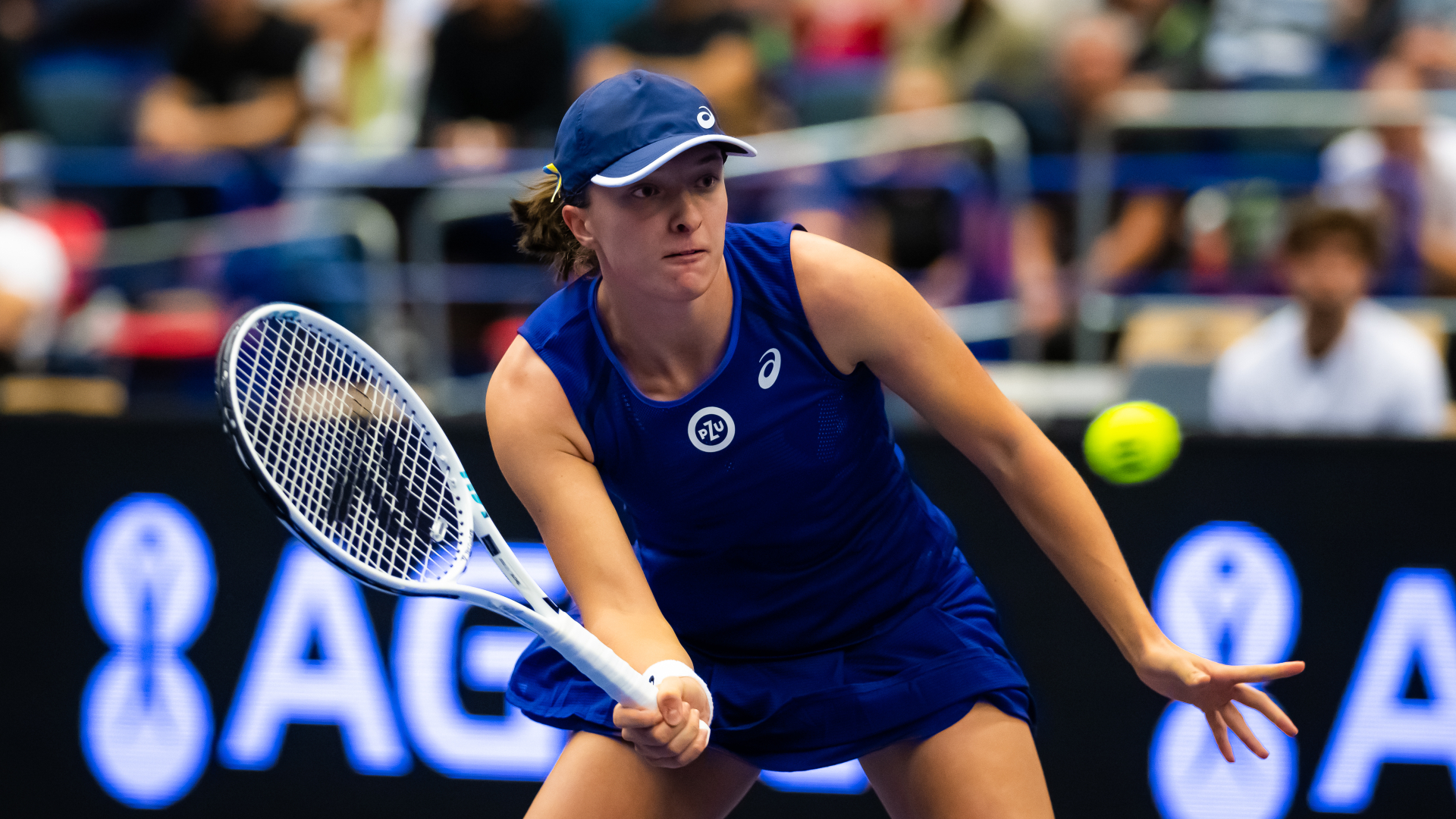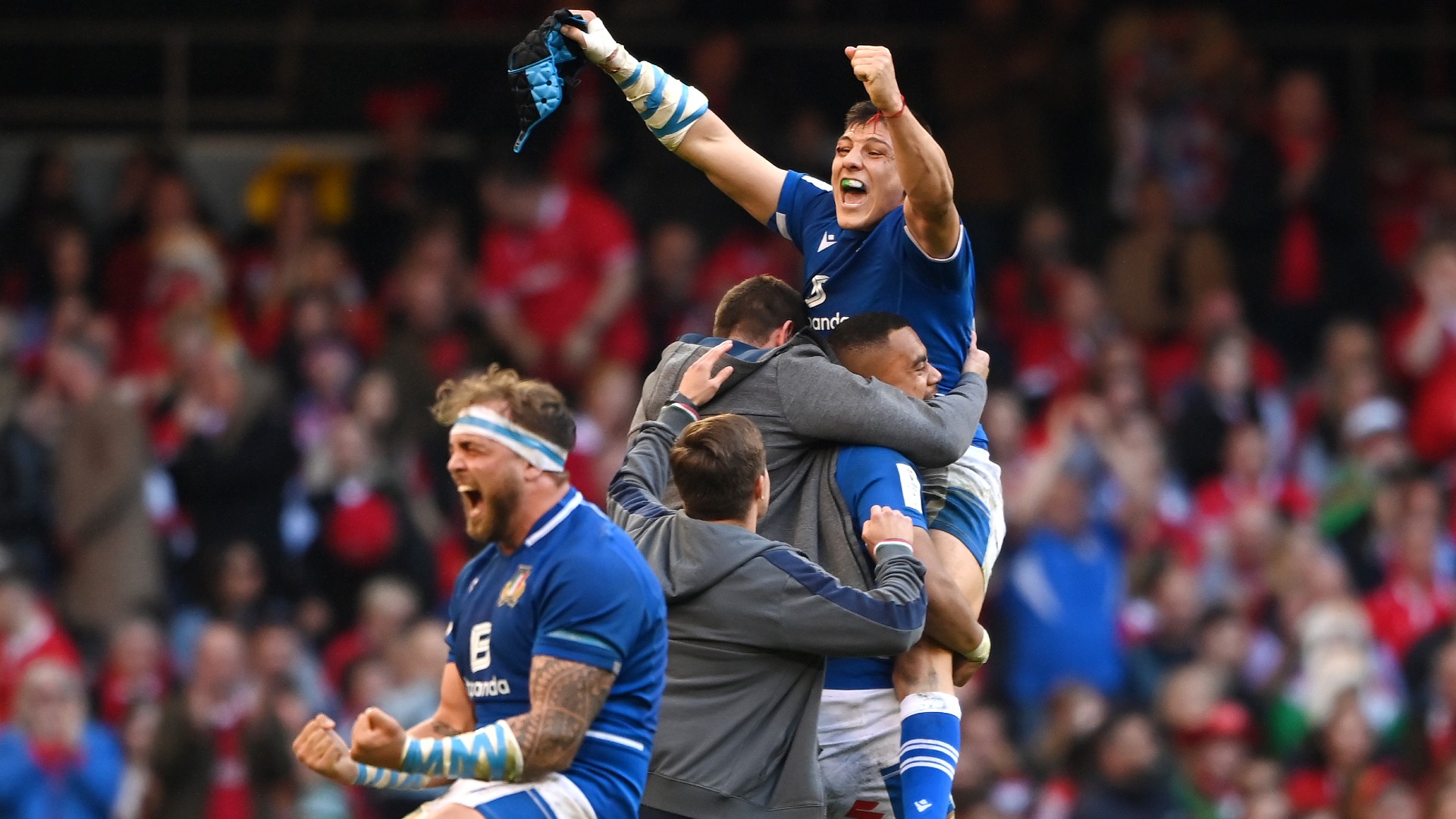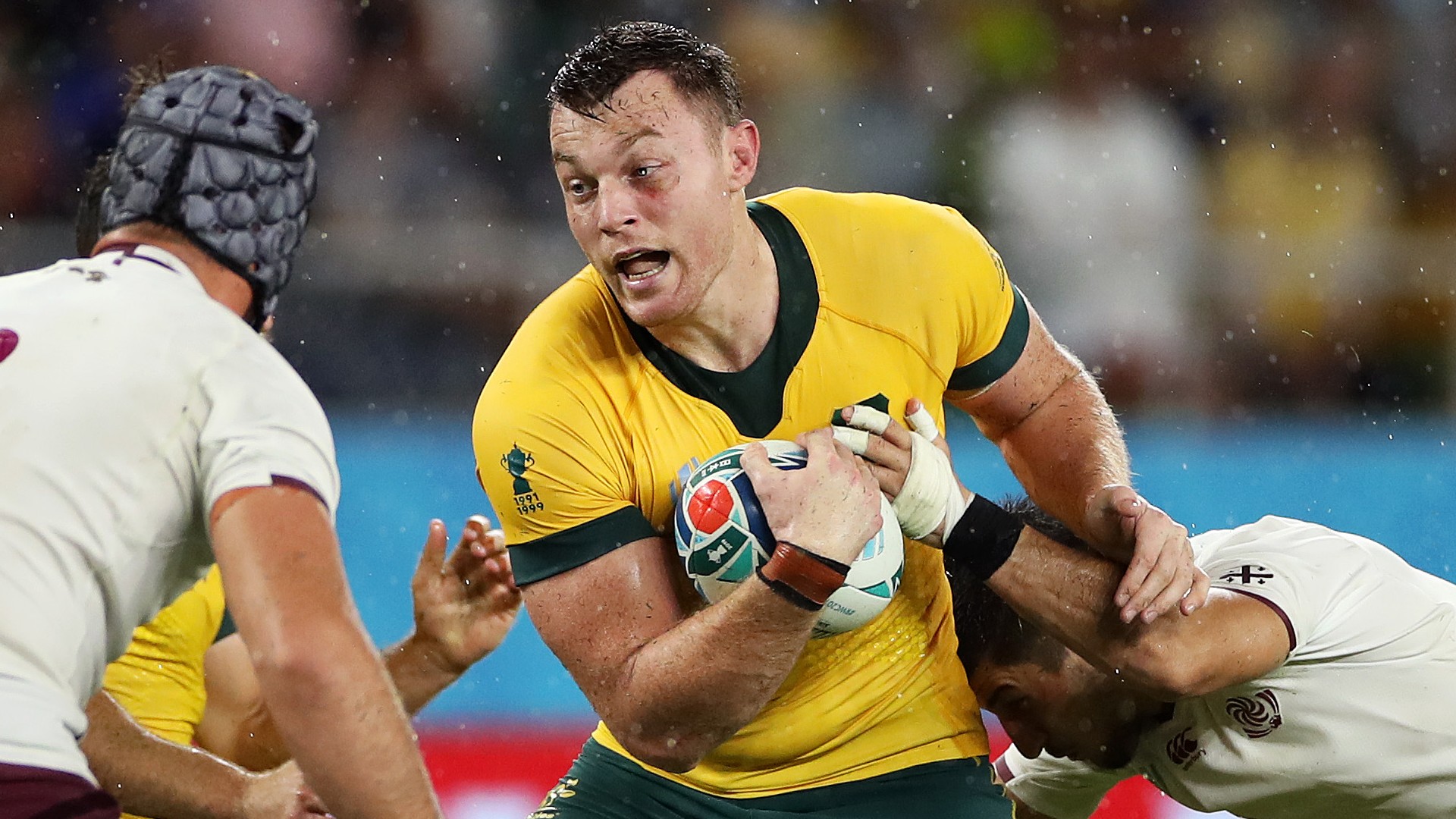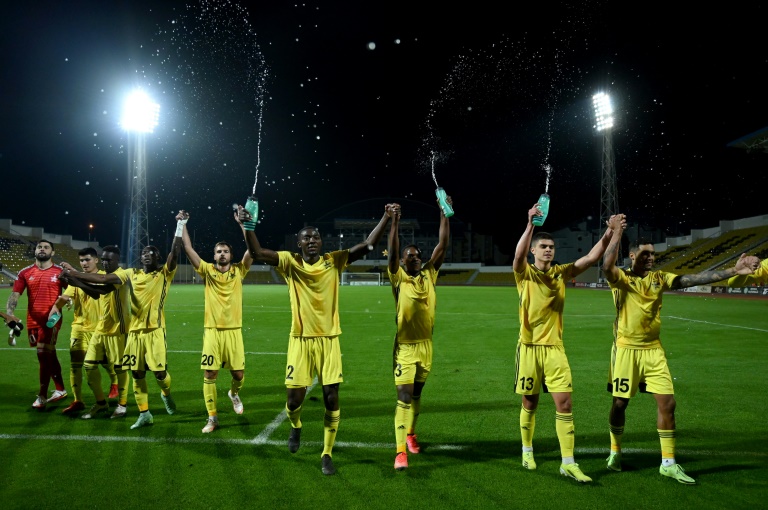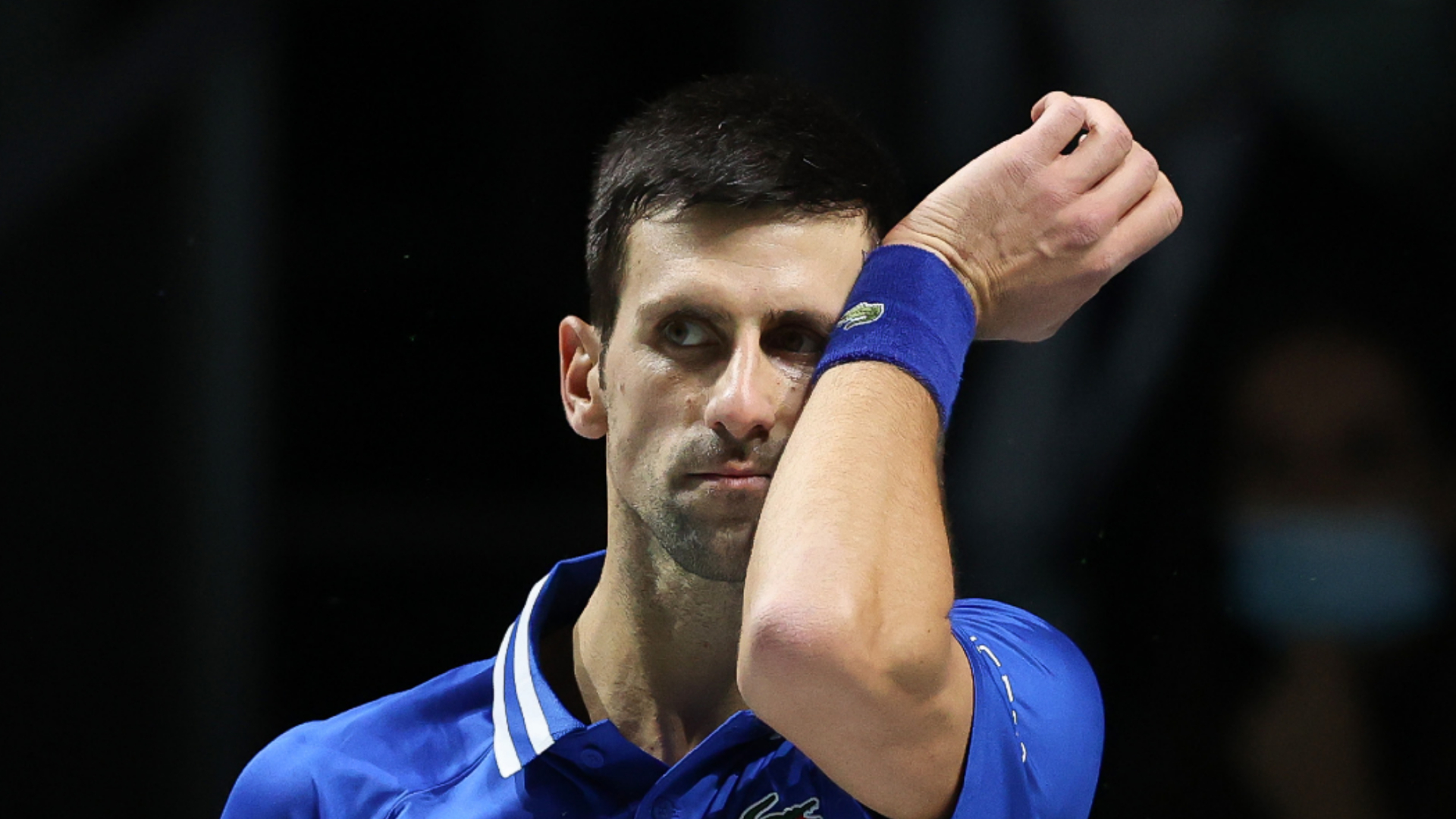
Novak Djokovic’s Australian Open fate is set to be determined in a fresh hearing on Sunday – with the defending champion back into detention before that takes place.
In a crushing blow to his preparations for the grand slam, Djokovic learned on Friday that his visa had been revoked for a second time, meaning he faces the prospect of deportation.
The 34-year-old is fighting the decision, and lawyer Nick Wood, on behalf of Djokovic, contended in a directions hearing on Friday evening that the “underlying new rationale” behind the Australian government’s latest move to kick out the Serbian is that it contends his presence “will excite anti-vax sentiment”.
Wood said immigration minister Alex Hawke had given no consideration to the impact that deporting Djokovic may have among those opposed to COVID-19 vaccines, saying his client was of “negligible risk”, “of good standing” and had a medical contraindication to a vaccine.
In a statement released on Friday, Hawke said the decision had been taken “on health and good order grounds, on the basis that it was in the public interest to do so”.
Djokovic has expressed opposition to vaccine mandates in the past and has confirmed he has not been vaccinated.
For Djokovic, Wood said: “The minister only considers the potential for exciting anti-vax sentiment in the event that he’s present, but the binary alternative of forcibly removing this high profile, legally compliant, negligible risk, medical contraindication player, precluding or impairing his ability to come back to Australia for three years and prejudicing his career, on the basis of two statements made in 2020 and the possible perception of those statements by others; the minister gives no consideration whatsoever to what effect that may have on anti-vax sentiment and indeed on public order. That seems patently irrational.”
The case has been transferred from the Federal Circuit Court to the Federal Court of Australia, judge Anthony Kelly said, and will take place via videolink.
An initial hearing will take place with justice David O’Callaghan from the Federal Court on Saturday at 10:15 local time (Friday 23:15 GMT), it was announced.
Whatever happens now, this is woeful preparation for Djokovic ahead of the tournament where he was planning to mount an assault on a 10th Australian Open title, and a record-setting 21st grand slam.
He was cleared to spend Friday night at his current accommodation, rather than be moved immediately back into detention, but that is set to occur on Saturday morning at 08:00 local time in Melbourne when he reports for an interview with immigration officials.
Djokovic will then be allowed to attend meetings with his solicitors in person from 10:00 to 14:00 on Saturday, accompanied by Border Force officials, before returning to a detention hotel until he is reunited with his solicitors from 09:00 on Sunday.
To avoid possible disorder on the streets, he is set to meet his legal team away from their Melbourne offices, where fans gathered and unruly behaviour took place following Djokovic’s first effort to clear a path to play at the tournament that begins on Monday.
Djokovic will for now be unable to practise at Melbourne Park. His opening match in the Australian Open is due to be scheduled for Monday or Tuesday.
Hawke explained why the visa had been revoked earlier on Friday, saying in a statement: “In making this decision, I carefully considered information provided by the Department of Home Affairs, the Australian Border Force and Mr Djokovic.
“The [Scott] Morrison government is firmly committed to protecting Australia’s borders, particularly in relation to the COVID-19 pandemic.”
Concerns have been expressed over the 34-year-old Djokovic’s whereabouts prior to arriving in the country. Djokovic admitted there was a false declaration on his travel form to enter Australia, after it stated he had not travelled in the two weeks before arriving in the country.
The tennis star, who was seen in Spain earlier this month, put that down to “human error” and accepted breaching isolation rules in December after testing positive for COVID-19.
